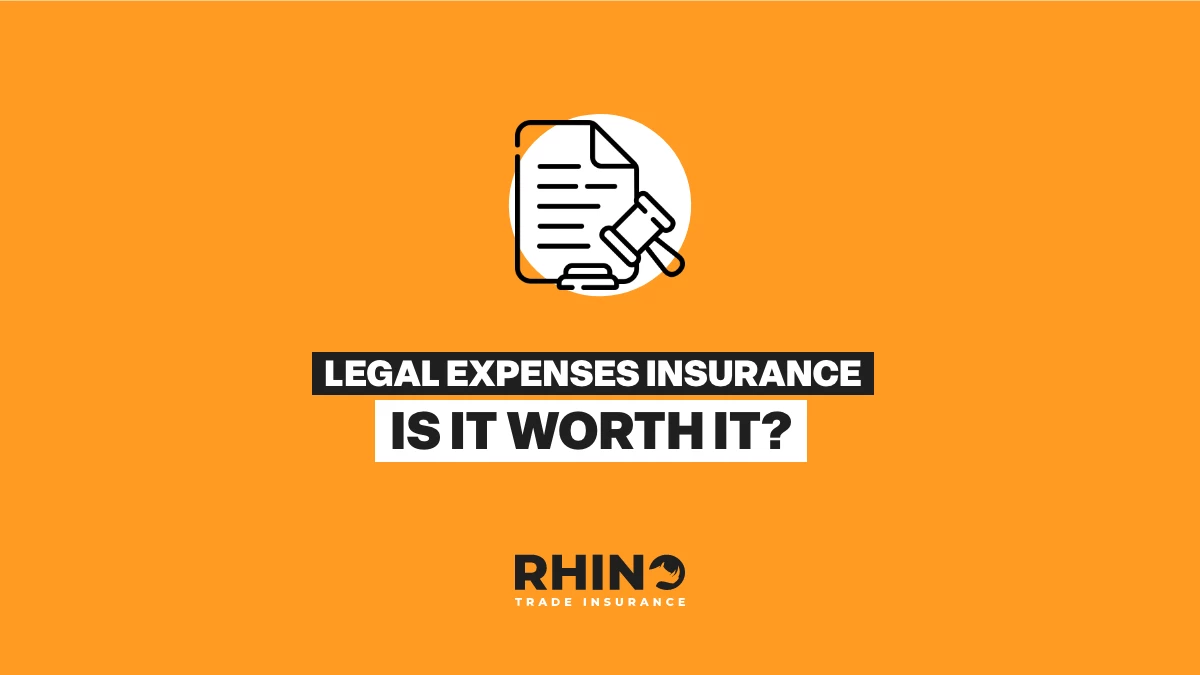
Legal Expenses Insurance – Is it Worth It?
Legal Expenses Insurance for tradespeople explained—what it covers, when you might need it, and how it protects against costly legal fees.
Plumbers and gas engineers beware. The fight against climate change has turned its sights on gas boilers, with proposals to ban the sale of all fossil fuel boilers by 2025.
The International Energy Agency (IEA) has recently published a special report outlining a 400 step plan to achieve net-zero emissions by 2050. In their report, the IEA criticise the promises made by governments around the world which they believe will not be enough to prevent climate change. The study claims to provide workable solutions for a global transition to a net-zero energy system, shifting from fossil fuels to renewables such as solar and wind.
Alongside petrol and diesel vehicles, which the proposal hopes to ban production by 2035, domestic boilers have been named as one of the major sources of greenhouse gases. The report suggests that the energy sector contributes to around 75% of emissions heating the planet.
No. While the banning of gas boilers might sound pretty intimidating, people will still need to heat their homes.
Experts suggest that new boiler models would be designed to burn hydrogen and operate similarly to current gas boilers. The critical difference is that burning hydrogen from renewables causes no emissions. Other solutions include heat pumps, geothermal energy systems and even nuclear power. All of these systems will need engineers the same as we do now. In fact, a shift in the industry will likely create new jobs, and more work for tradespeople as old systems are replaced.
The report is simply a proposal at this stage with no commitment from the UK government. However, BoJo has already pledged support for environmental measures and will be attending COP26, the United Nations climate change conference, later this year.
The plan suggested by the IEA will rely heavily on backing from governments around the world. Large scale changes will impact multiple sectors, including building, plumbing and energy for new properties and retrofitting older homes. For the proposal to be successful, these measures should be in place in less than four years - which sounds very challenging. We'll have to wait and see how authorities respond.
We'll continue to keep you updated as more information becomes available. As above, no solid plans are in place at this stage. Nevertheless, it always pays to be prepared, so expanding your knowledge on other heating systems and keeping your eyes on new training opportunities won't hurt.
We're here to support tradespeople every step of the way. From help during COVID-19 to broader industry changes such as these, our specialist knowledge sets us apart from other insurance providers. If you're interested in learning more about our tradesman insurance policies, give us a call on 0116 243 7904 or send us a message.
Legal Expenses Insurance for tradespeople explained—what it covers, when you might need it, and how it protects against costly legal fees.
Worried about a tax investigation? With HMRC cracking down in 2025, Tax Enquiry Insurance from Rhino gives UK tradespeople expert protection and peace of mind.
Rhino Trade Insurance CEO Troy Stevens joins industry leaders at the House of Commons to discuss the rising issue of tool theft—highlighting its impact on UK tradespeople and the importance of awareness and protection.
Tell us your trade and get a tailored insurance quote for your business in seconds
Our team of experts are available to talk to Mon-Fri 08.30-17.30 and Sat 10.00-14.00

